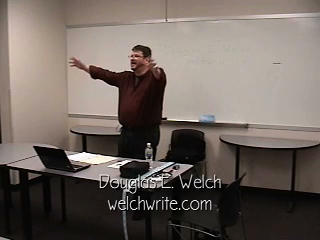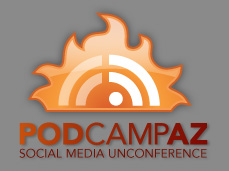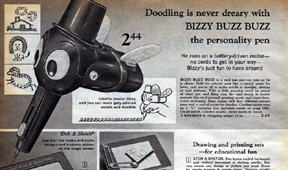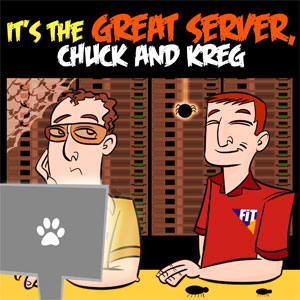I had the opportunity to attend 2 unconferences over the last month, participate in many sessions and meet a lot of great people. That said, I also began to notice an interesting trend in the podcasting world…one that also effects the world at large.
In many sessions and personal discussions, podcasting experts and their philosophies were discussed to a large degree. Everyone was looking for an edge to help monetize their podcasts and turn them into money-making operations.
Many discussion were along the line of, “This person says do this. This person says do that.” That, in itself, was not worrying. There will always be “experts” in any given field trying to either help those around them or position themselves as experts in the field. What began to worry me was when others would say, “Person A says you need to do this…and they have a service/book/product that will help you do exactly that.”
These statements immediately brought thoughts of conflict of interest to mind. As much as you might believe what someone has to say, the moment they begin selling services based around those ideas the potential for conflict of interest increases dramatically. Are they creating and recommending their services because they truly believe in them, or are they only doing it because of its earning potential? How do you know? What questions do you need to ask? Should you just assume that there is no conflict of interest?
While I am not aware of anyone crossing the conflict of interest divide in any egregious manner, the possibilities are enough to prod me to write this warning to consumers of any books/products/services touted by their creators. Be very careful buying your advice and your services from the same person, whether you are talking about podcasting or any other area. Carefully watch the intentions of those selling the services and be aware that conflict of interest can and does arise on a regular basis. Do not commit too deeply to a particular product or philosophy without deep investigation and thought. Otherwise, you might just find yourself a willing source of income for someone who is more interested in their bottom line than they are in helping you.
While I can certainly understand why experts want to create services around their expertise, it can be a slippery slope. I have my own example from my own life as a computer consultant. Early in my career I made the decision to not sell computers to my clients, unlike many other consultants who often customer built PCs for their clients. While I had a variety of reasons for this, one important factor was the perceived conflict of interest in being the person telling them what to buy and the person selling the product. I felt there would always be a question in my client’s mind whether I was recommending a new computer because they needed one, or only because I wanted to sell one. In my case, I decided to step back from that perceived conflict of interest, even though it might have added substantially to my bottom line.
Podcasting experts will have to make their own decisions regarding the perception of conflict of interest as I have, but it is also up to the consumers of these services to understand the potential problems that can arise when advice and services are purchased in the same place.




 During
During 



 Date: Sat, October 27, 2007
Date: Sat, October 27, 2007